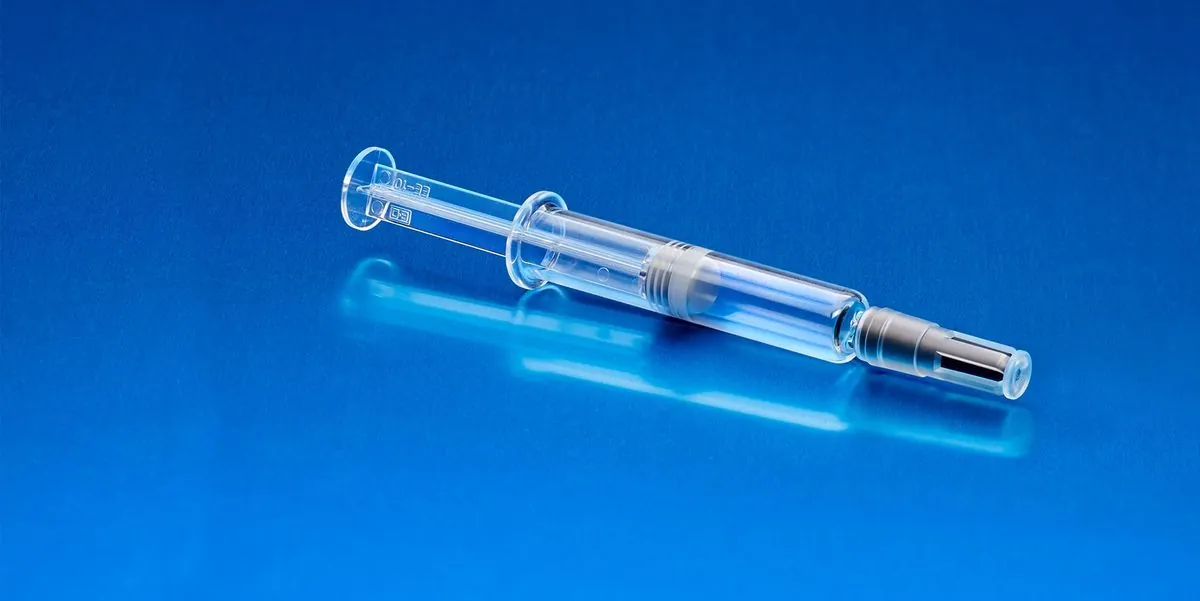Marc Koska, renowned for his life-saving single-use auto-disable syringe invented in 1987, is on the verge of another groundbreaking innovation. His latest creation, Apiject, aims to address the critical issue of healthcare access in developing nations.
Koska's original invention played a crucial role in combating the spread of HIV and other blood-borne diseases by preventing the reuse of contaminated needles. This innovation, along with similar designs, received support from major global health organizations at the turn of the millennium. Notably, one-fifth of all syringes used in the global COVID-19 vaccination efforts were based on Koska's design.
Now, 37 years after his initial breakthrough, Koska is tackling a new challenge: the shortage of medical professionals in many parts of the world. In 2021, over half of the global population lacked access to essential healthcare. Sierra Leone, for instance, had only about 22 physicians per million people.
Apiject, inspired by the mechanics of a bee's sting, is a pre-filled, self-injecting syringe designed for single use. This innovation could potentially enable individuals to administer medications without direct medical supervision, addressing the critical shortage of healthcare providers in many regions.
The key to Apiject's potential lies in its revolutionary manufacturing process. Koska has patented a mechanism called Blow-Fill-Seal (BFS), which can produce 25 syringes in a single second. This efficient process could dramatically reduce production time and costs, making self-injecting syringes accessible for a wide range of medications globally.
"If even 10 per cent of the world changed to this system, we would save millions of lives a month."
Koska's journey to becoming a healthcare innovator began in 1984 when he was 23 years old. Inspired by an article about the HIV epidemic, he spent three years studying syringe manufacturing before designing his auto-disable syringe. Despite initial resistance from manufacturers and governments, Koska's persistence paid off when UNICEF purchased 20 billion syringes in 2001 for their child immunization programme.
Apiject has already secured $250 million in investments, including $150 million from the US government for pandemic preparedness research. Koska anticipates that the new syringe could be implemented within the next two years, potentially transforming drug administration worldwide.
As the project gains momentum, Koska remains optimistic about its potential impact on global health. With ongoing discussions with companies and potential customers across continents, Apiject could soon play a crucial role in improving healthcare access and safety in regions where it's needed most.
